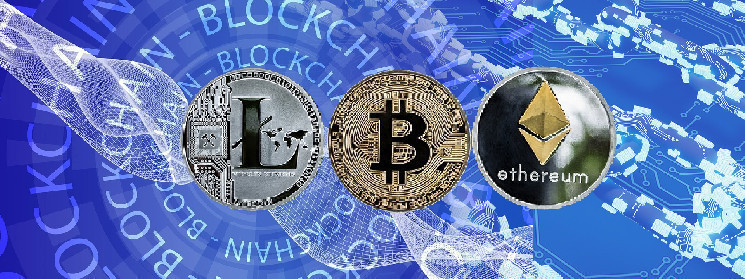A New Blockchain-Based Motorsport Game
Epic Games has provided funding to Australian independent game developer Grease Monkey Games, a division of Animoca Brands, to create Torque Drift 2, a new blockchain-based motorsport game. The Epic MegaGrant will be used to build the motorsport game, which is centred on drifting, according to the Fortnite creators. Since its debut in the 1998 video game Unreal, Epic Games’ 3D computer graphics game engine known as the Unreal Engine has been used in several disciplines.
The Epic MegaGrant, which has a range of 5,000 USD to as much as half-a-million USD, will be used to create a realistic gaming experience that is comparable to other triple-A games that also use the Unreal Engine, according to a Thursday statement by Animoca Brands. Grease Monkey Games is creating a play-to-earn (P2E) game, thus the Epic Games funding is significant as a sign of support from the conventional gaming industry, which has frequently opposed blockchain gaming.
The complete release of Torque Drift 2 is scheduled for 2024, and gamers will have access to a tuning garage starting in Q3 of 2022. Players may customize their automobile and profile by using non fungible token (NFT) components, vehicles, decals, and other goods in the game. In Torque Drift 2, players will also be able to design their own paint job and car tuning NFTs, which can then be shared and sold.
Are P2E Not as Entertaining?
With over 45 million downloads worldwide, Grease Monkey Games is a conventional game publisher that has been releasing unique IP games since 2014. In February 2022, Animoca Brands purchased them, and Animoca would assist them in making the transition to blockchain gaming. Incorporating blockchain verified NFTs into games is seen to be a means to give players digital ownership over in-game stuff, in contrast to traditional games where players typically buy in-game things with real money but are subsequently prohibited from withdrawing that money again. As a result, it enables users to trade in their items for new ones or sell them once they’ve stopped playing.
P2E models are those in which participants receive economic value in exchange for their participation in the ecosystem. Many detractors of P2E games, like Udi Wertheimer, point out that these games are not as entertaining as traditional games and need wallets and cryptocurrency purchases before gamers can begin playing.
 thecoinrepublic.com
thecoinrepublic.com
